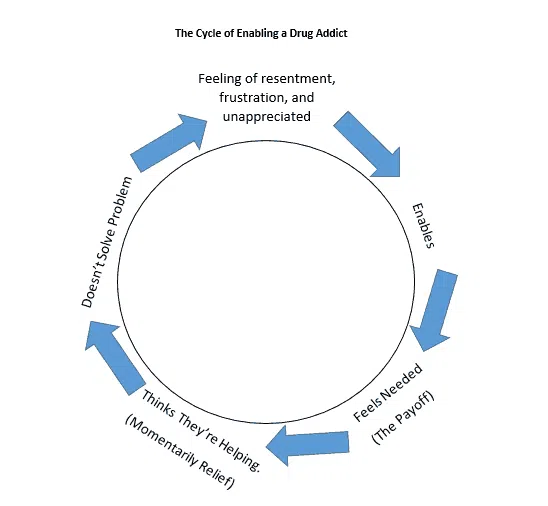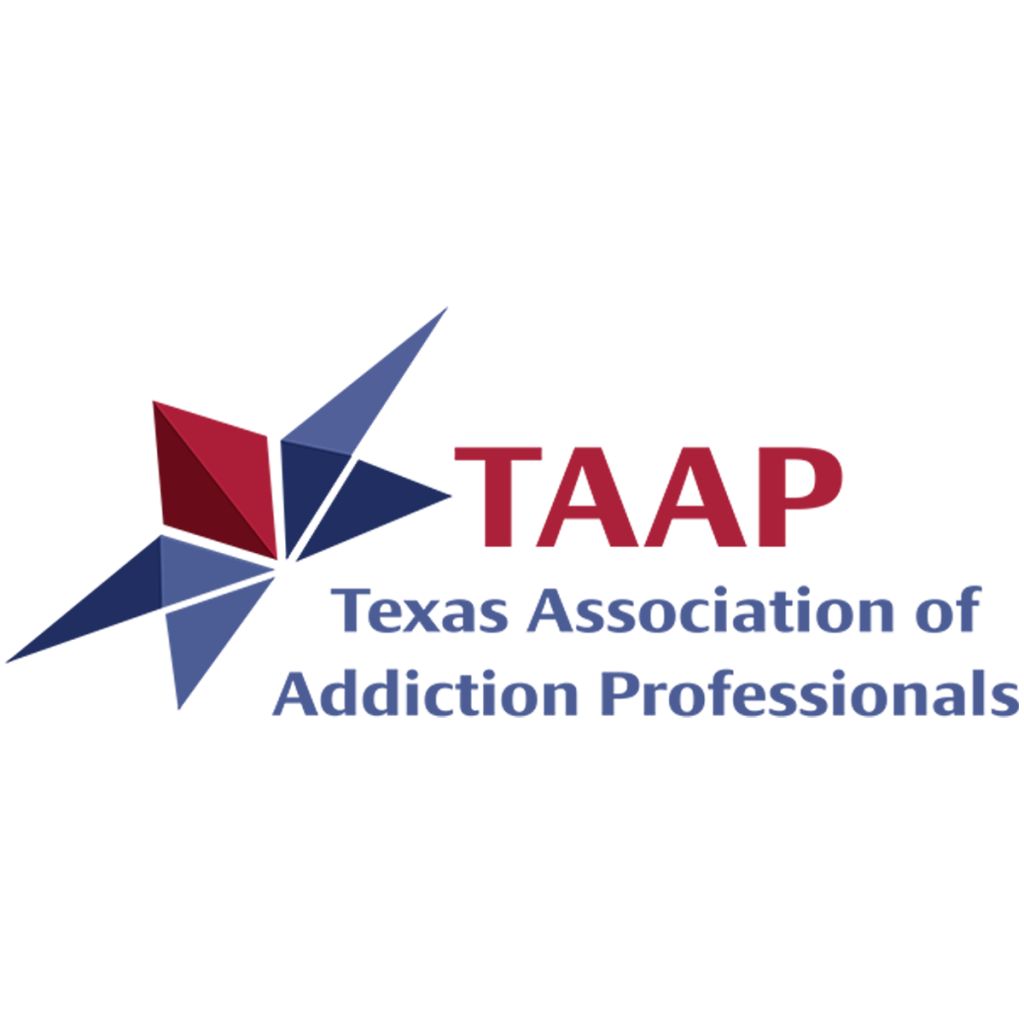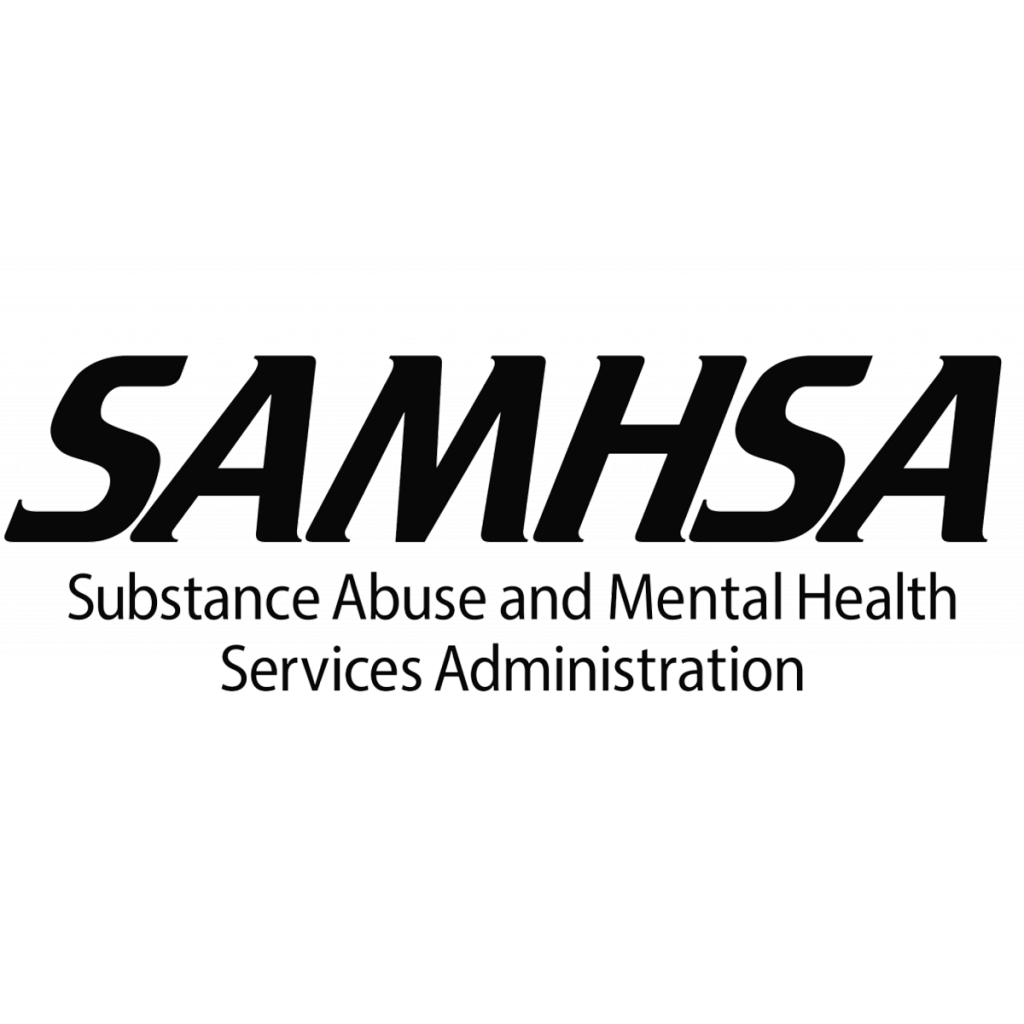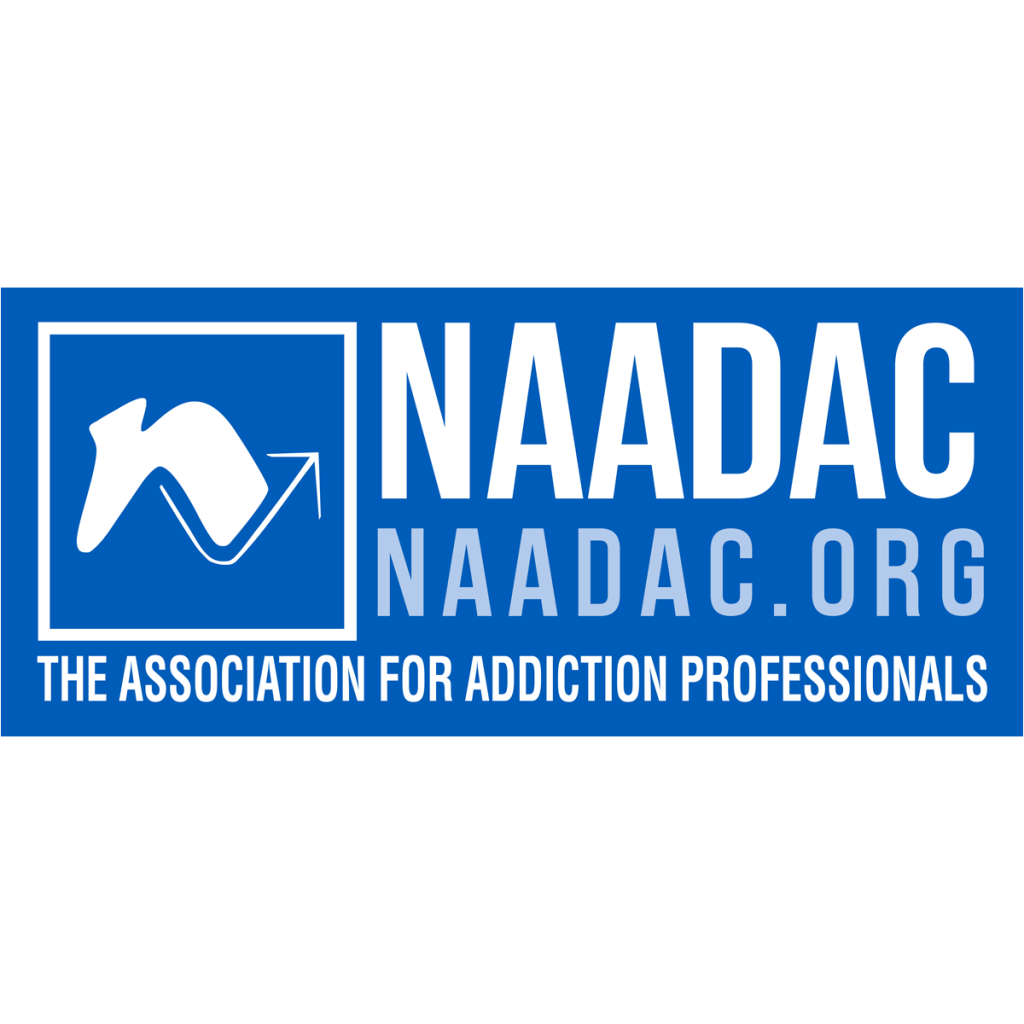Table of Contents
Drug addiction does not discriminate. It does not care if you are rich or poor, famous or unknown. It affects men and women alike. It does not matter what race or age you are.
Many people can relate first hand to the effects of the drug epidemic in America, and parents are crying out with pleas of help. Drug abuse can hurt everyone close to the person. This includes husbands, wives, boyfriends, girlfriends, babies, family members, and friends.
Drug addiction doesn’t only hurt the user, but everyone else connected to him or her also. Substance abuse and addiction is an extremely serious problem for many people.
The 2012 National Survey on Drug Use and Health found that more than 23 million people needed help for substance abuse. This occurred in the year before researchers conducted the survey.
However, only 2.5 million received drug treatment. Even more staggering 21.5 million of them reported that they saw no need to seek help. This figure suggests that many people are in denial about the severity of their substance abuse.
What is an enabler?
The reason behind this denial are complex, but one common reason is enabling. This means that someone close to the user is accepting their substance abuse. They allow it to continue with few consequences. Enabling can be extremely dangerous, both for drug user and their loved ones.
Enabling stops users from getting professional help. This can lead to problems that harm them physically, mentally, and psychologically.

Enabling protects them from the consequences of their choices and actions. The more you let them depend on you and take you for granted, the less motivated they are to change.
Most enablers start doing a nice thing for the drug user, usually something to help them out. They always mean well and truly believe they are helping. However, they do not see that drug users can be selfish. These users often manipulate others to get what they want.
The enabler enables because it gives them a false sense of self and makes them feel needed. They also feel control over the other person (through guilt) by helping them. However, they ironically still end up feeling resentful, frustrated, or unappreciated. Thus starting the cycle of enabling which can be extremely difficult to break.
In my recent years working in the addiction field, I have learned a lot about enabling. I understand how it affects both the user and the enabler. Here is an example chart of the cycle of enabling.
What are examples of enabling?
Other examples of enabling are:
- Ignoring the addict’s harmful or risky behavior is common. This behavior can include ignoring issues or denying that a problem exists.
- Enablers often find it hard to express their emotions. They may worry about negative consequences if they do.
- Putting the addict’s needs first can be harmful. Wanting to help loved ones is normal. However, enabling goes too far. In this case, the addict’s needs receive attention, but the enabler ignores their own needs.
- Acting out of fear – Addiction can lead to scary events. The enabler will do anything to avoid these situations.
- An enabler lies to others to hide the addict’s behavior. They do this to keep the peace and appear calm.
- Blaming others or situations instead of the addict is common. To shield the addict from the effects of drug abuse, the enabler may blame other people for the addiction.
- Resenting the addict – The result of the above behaviors is that the enabler will likely feel angry and hurt. She may act on these feelings by resenting the addict all while continuing to enable the addiction.
Recognizing the Deeper Impact of Enabling
Enabling often begins with the best intentions, but it can have risk factors severe and life threatening consequences. When someone protects a loved one from the effects of drug abuse, they might unknowingly support bad behaviors. For example, covering up for missed work, lying to others, or giving money can contribute to a cycle that becomes hard to break. This behavior, though well-meaning and make you feel good, keeps the individual from facing the reality of their situation.
The consequences of drug abuse reach beyond personal relationships. A national survey shows that many people with illicit drug problems also have mental health issues. Ignoring these signs may delay treatment and increase the risk of long-term harm. This can also lead to serious mental health problems like depression or anxiety, which often go untreated.
Freedom Starts Here. Take Back Your Life Today.
Same-Day Admissions in Austin Available.
The Role of Mental Health Professionals and Support Networks
In many cases, mental health professionals are essential for identifying the full scope of the problem. They can check for other conditions, like mental illness or mental health disorders, that may lead to ongoing drug addiction. They can also guide treatment planning based on the client’s needs.
Joining support groups or seeking guidance from trained professionals can help families move away from enabling their loved one. These support systems offer insight, encouragement, and the tools needed to stop enabling.
Choosing to stop enabling is not about giving up. It involves establishing clear and healthy boundaries. This lets a person feel the natural results of their actions. The goal is that, over time, the individual will choose to seek help for their use of an illegal drug or other substance.
How to stop enabling an alcoholic or drug addict
Enabling can be a significant challenge for everyone involved with addiction. However, it is possible to break this cycle. This allows the addict to heal in helpful and meaningful ways. Here are some suggestions to help someone stop enabling:
- Don’t lie for anyone. Do not misrepresent a loved one’s condition to hide substance use. This can allow them to avoid taking responsibility.
- Do not make excuses for someone when they do not meet their responsibilities. This can stop accountability and slow down progress.
- Allow the individual to witness the full impact of their actions rather than shielding them from the consequences. This can be an important step toward accountability and change.
- Be accountable for your bills only. Avoid taking financial responsibility for consequences that are not yours—particularly those resulting from a loved one’s substance use. Offering help should be contingent on their willingness to seek treatment.
- Assert your boundaries respectfully. You must not be harsh, but you should be firm and consistent. Setting healthy boundaries helps you take back your life.
- Avoid intervening in a way that prevents the person from facing the consequences of their actions. A person must suffer the consequences of their actions.
- This may involve refraining from covering legal expenses or posting bail, allowing natural consequences to take effect. Many enablers turn from helping to saving and recusing quickly. Soon all their thoughts and actions surround only the user, and they’re missing out on their own life.
- Focus on your own well-being instead of taking responsibility for solving others’ problems. Lasting change must begin with you.
- Get the support of friends, family members and counselors. Think about joining a support group like Al-Anon. These groups are part of a 12-step program for families and friends of people with addiction. Do whatever it takes to stop yourself from hurting somebody else with your notion of helping.
Real love for somebody is being able to step back and allow them to suffer enough to recognize their need to change. This approach is often one of the most effective ways to support someone struggling with drug addiction. For the addict to realize the consequences of their behavior, their loved ones must stop enabling drug abuse. In some cases, setting firm boundaries may be the catalyst that encourages a person to seek professional help.
A Step Toward Lasting Change
If you or someone you know is struggling with addiction, it’s important to take that first step and get drug treatment help. Many people delay help because they fear what will happen in the short term. Early intervention in the underlying issue can significantly improve long-term outcomes. This includes issues with drugs, alcohol, or illegal substances.
If you think you are enabling a loved one’s addiction, then call us today for help. Our rehab in Austin, Texas addresses enabling behaviors and helps loved ones of addicted individuals establish new, healthier behaviors. Please call (888) 427-4932 today to learn more about our Austin recovery center and evidence-based treatment program.






